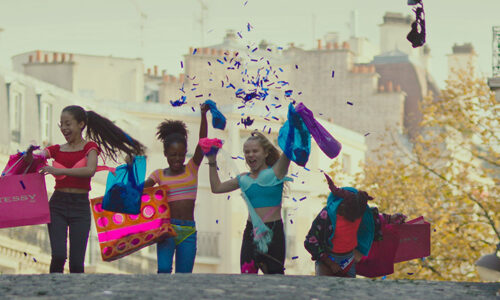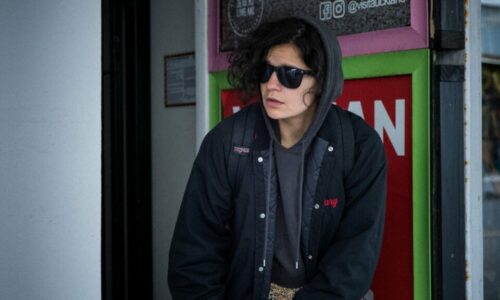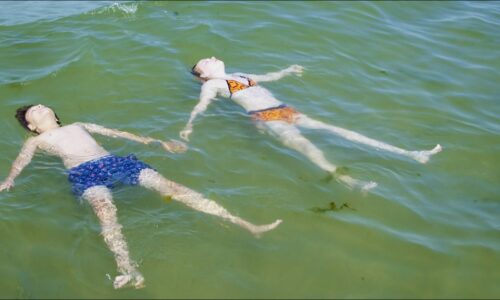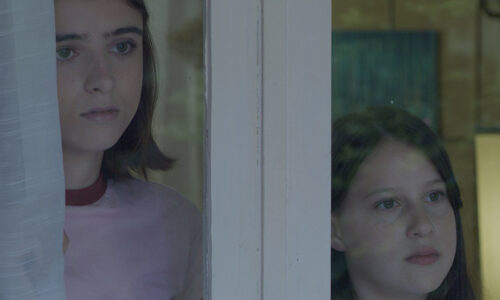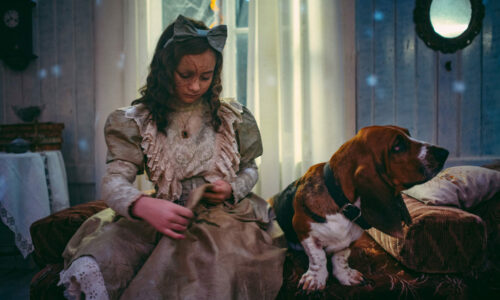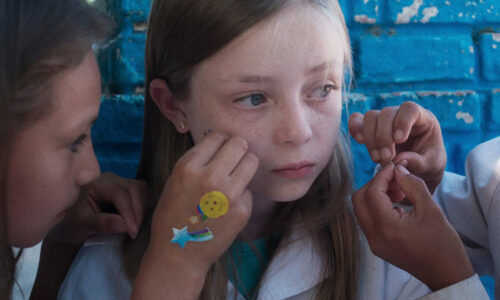Titel: Juunt Pastaza entsari | Waters of Pastaza | Die Kinder vom Río Pastaza
When we are looking for exotic fruits, we go to the supermarket, grab a box of bananas, for example, and pay for it at the checkout. When our children interact with toys, it’s probably mostly with lots of colorful plastic.
The world in the rainforest looks completely different, to be exact at the Rio Pastaza, a 600 kilometer long river that is located on the border to Ecuador and Peru. The camera accompanies children from an indigenous Achuar tribe. Instead of climbing ropes in a climbing forest, they climb the treetops to reach banana trees. Instead of a laser sword, they skillfully swing a machete to remove the hard shells of one fruit or another in order to reach the sweet inner part.
Freed from any time stress, various children wander together through the rainforest, mostly even barefoot over the overgrown ground or through shallow waters, where you as a Western city dweller probably all the time just waiting for the same some poisonous animal strikes or that a child something stuck in the foot what must be surgically removed.
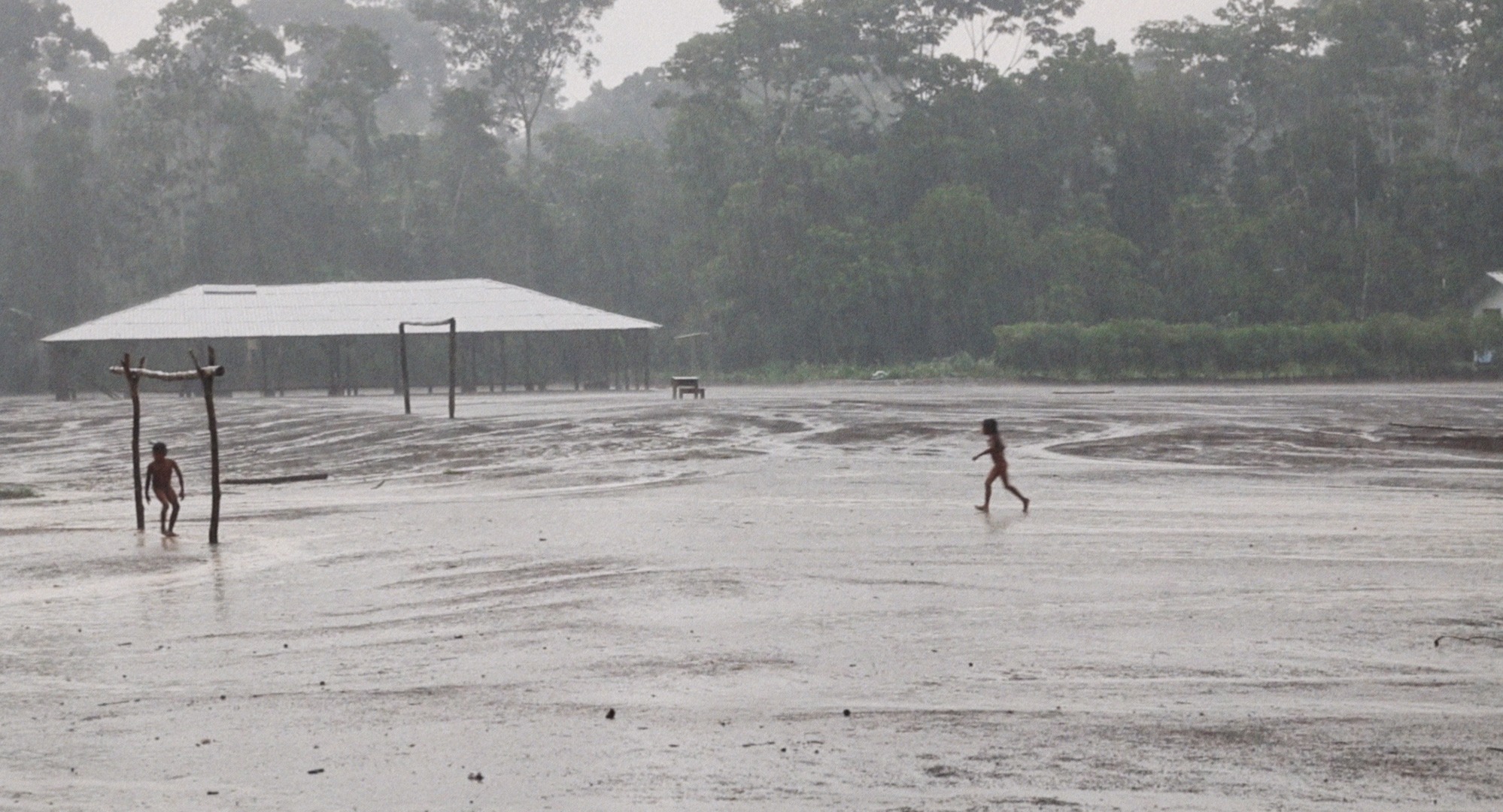
But what is accompanied here is the normal everyday life of these children and the rainforest is their playground. From the various natural materials that the forest provides, the most diverse toys are made, such as a windmill made from two dried leaves that were pierced on a stick, or a new dress is made from palm leaves, and much more.
But not only playing is on the program. In the village there is a large community house (built from natural materials) and here the children cook themselves in the evening under almost the open sky a fish soup from all the fish they have caught during the day from the river or there is fish wrapped in (probably) banana leaves with some rice. Even the youngest ones are already helping, for example lifting the hot heavy pots from the open fire (while in this country we don’t even trust children to walk to St. Martin’s Day with a tea light in their lanterns!) The work is then often accompanied by modern music from the smartphone, whose power is supplied by a few solar panels. Of course, one or the other game is played on the cell phone or TV is watched together on the small device, while in the background the sounds of the animals of the rainforest provide a continuous concert or once again a tarantula passes by.
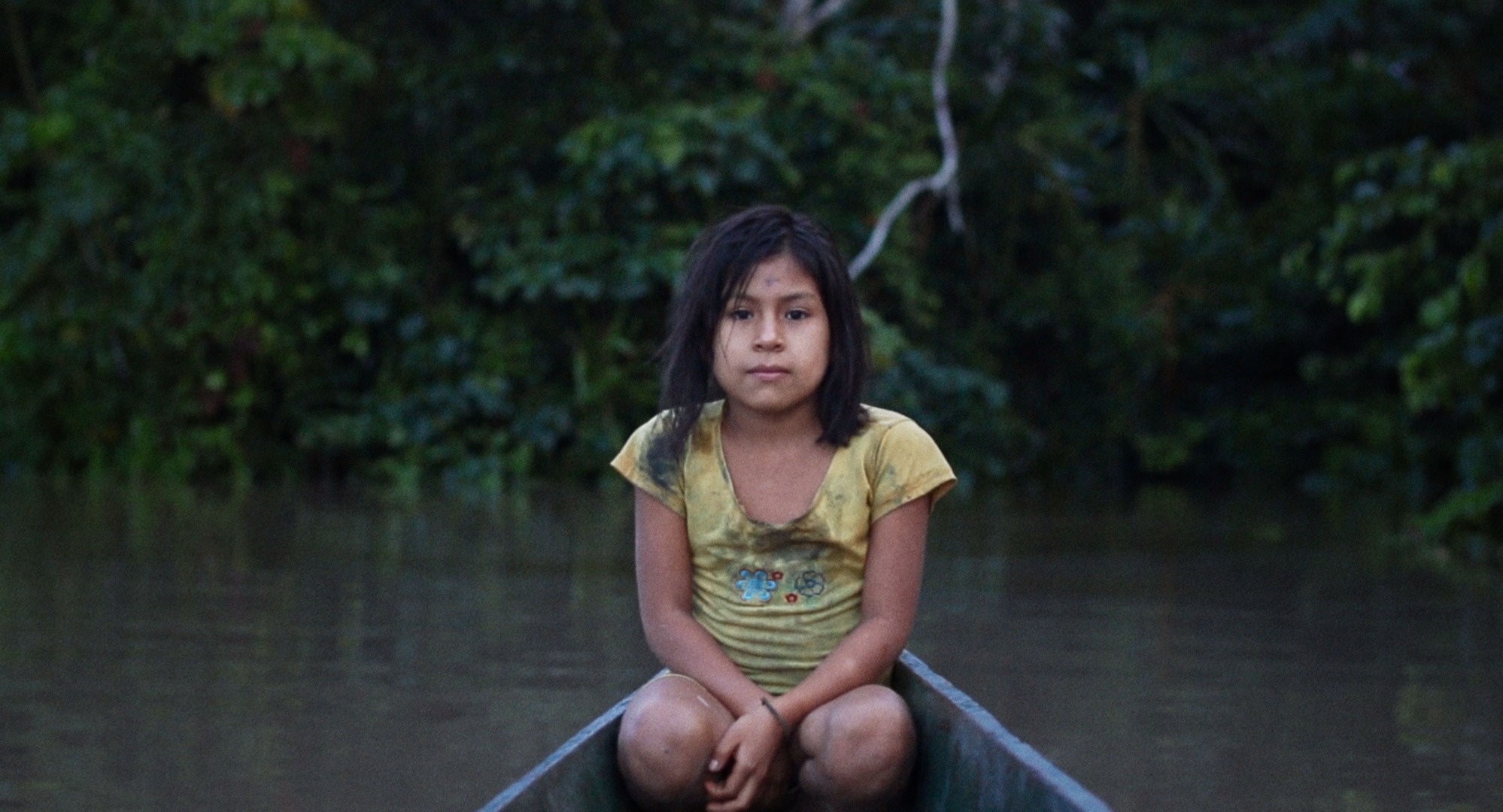
Fazit:
Juunt Pastaza entsari was shot, according to the director, with the simplest means. She even learned it from the children, as she tells us. But in the end it doesn’t really matter, because the film is actually exactly what always makes the Berlinale something very special. We get the chance to get insights into cultures that are often inaccessible or even absolutely unknown to us.
In this film it is almost liberating to see all these quiet and simple moments compared to such a hectic life as we know and live as a western society. A life beyond social media, consumerism and pressure (just to name a few things). Most impressive is how relaxed the children manage everything on their own, right down to providing for themselves, always in community and without many words. The film has deliberately avoided the presence of adults in all of this. They play, if at all, only a very small supporting role. The children live their own lives and visibly enjoy it, without any Paw Patrol or Elsa… But they did wear T-shirts with Elsa on them. Whether they are aware of their significance, however, is a completely different banana leaf.
Director:
Inês T. Alves
More about the movie:
https://www.berlinale.de/en/programme/programme/detail.html?film_id=202204409
